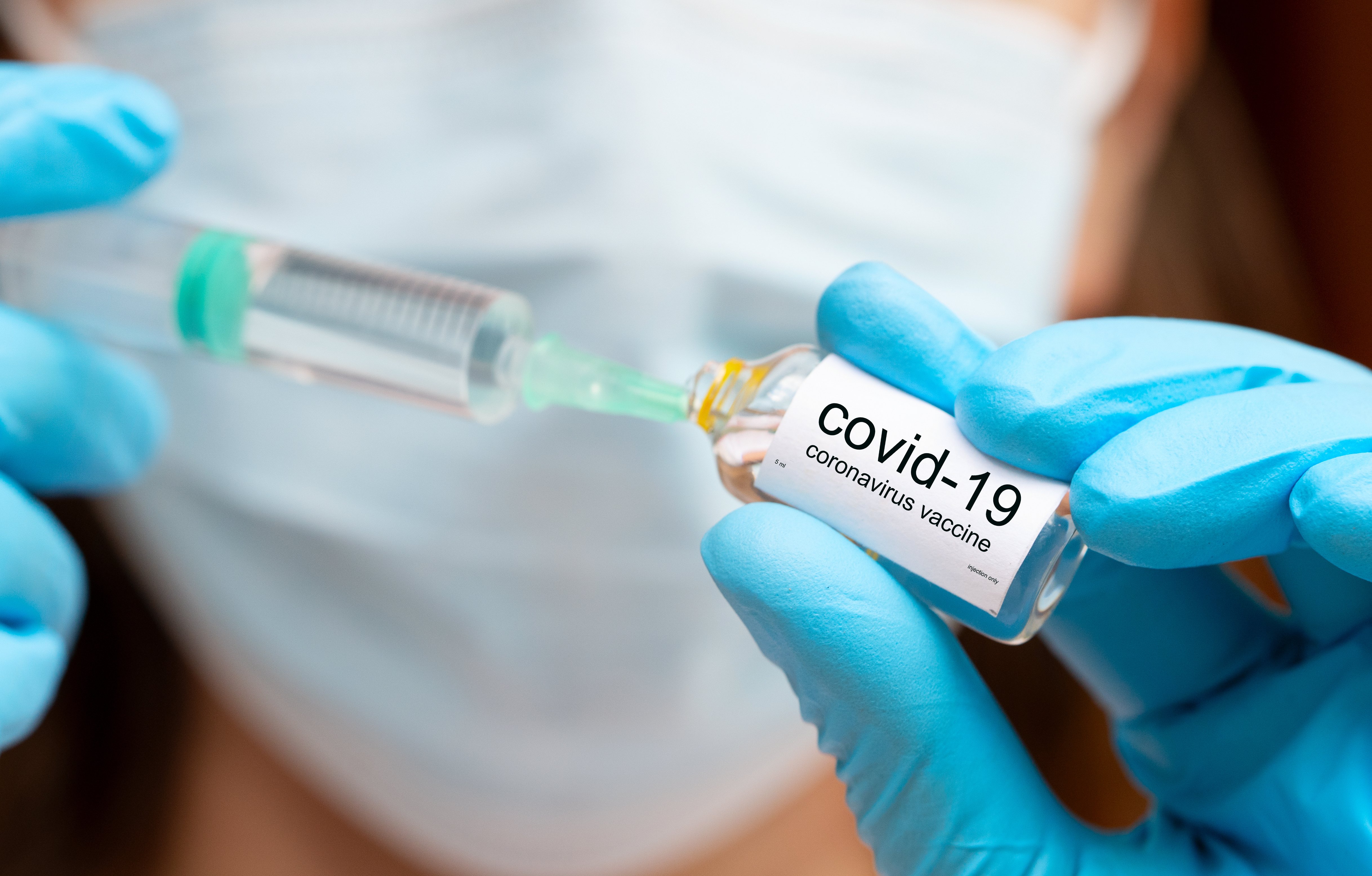
He called for the 'lawful' killing of public health figures and media personalities

The Ontario Superior Court of Justice affirmed the revocation of a physician's license for professional misconduct related to actions during the COVID-19 pandemic.
The College of Physicians and Surgeons of Ontario (CPSO) Discipline Tribunal ruled that the doctor engaged in disgraceful, dishonourable, and unprofessional conduct, failed to maintain the profession’s standards, and demonstrated incompetence. The tribunal cited inflammatory public statements, improper issuance of vaccine exemption letters, and a failure to cooperate with the college’s investigation.
The tribunal ordered the revocation of the doctor’s license, a formal reprimand, and the payment of $94,960 in legal costs. The doctor appealed both the findings and the penalty, claiming the tribunal had misapplied the law and improperly infringed on his freedom of expression.
The tribunal reviewed numerous public statements in which the doctor described COVID-19 as a hoax, vaccines as harmful bioweapons, and public health measures as part of a conspiracy involving global organizations and individuals. He also called for the “lawful” killing of Bill Gates, Dr. Anthony Fauci, World Health Organization officials, TV personalities Don Lemon and Dr. Sanjay Gupta, and others.
The tribunal found that these statements constituted harmful misinformation and undermined trust in the medical profession. It emphasized that such statements, particularly from a licensed physician, had the potential to harm public health by promoting vaccine hesitancy and distrust of public health measures during a global pandemic.
The doctor also issued 27 vaccine exemption letters without proper patient assessments and failed to provide required documents to the CPSO during its investigation, which the tribunal found to be unprofessional and uncooperative.
The Superior Court upheld the tribunal’s decision, rejecting arguments that the doctor’s freedom of expression was unlawfully restricted. The court found that the tribunal conducted a proper balancing of Charter rights, concluding that the penalties were proportionate to the harm caused.
The court noted that while the doctor had the right to express his views, his conduct as a physician was subject to regulatory standards designed to protect public trust and public health. It further rejected claims that the tribunal improperly relied on non-binding policies, affirming that the standards applied were consistent with the profession’s expectations. Ultimately, the court dismissed the appeal and upheld the revocation of the doctor’s license.